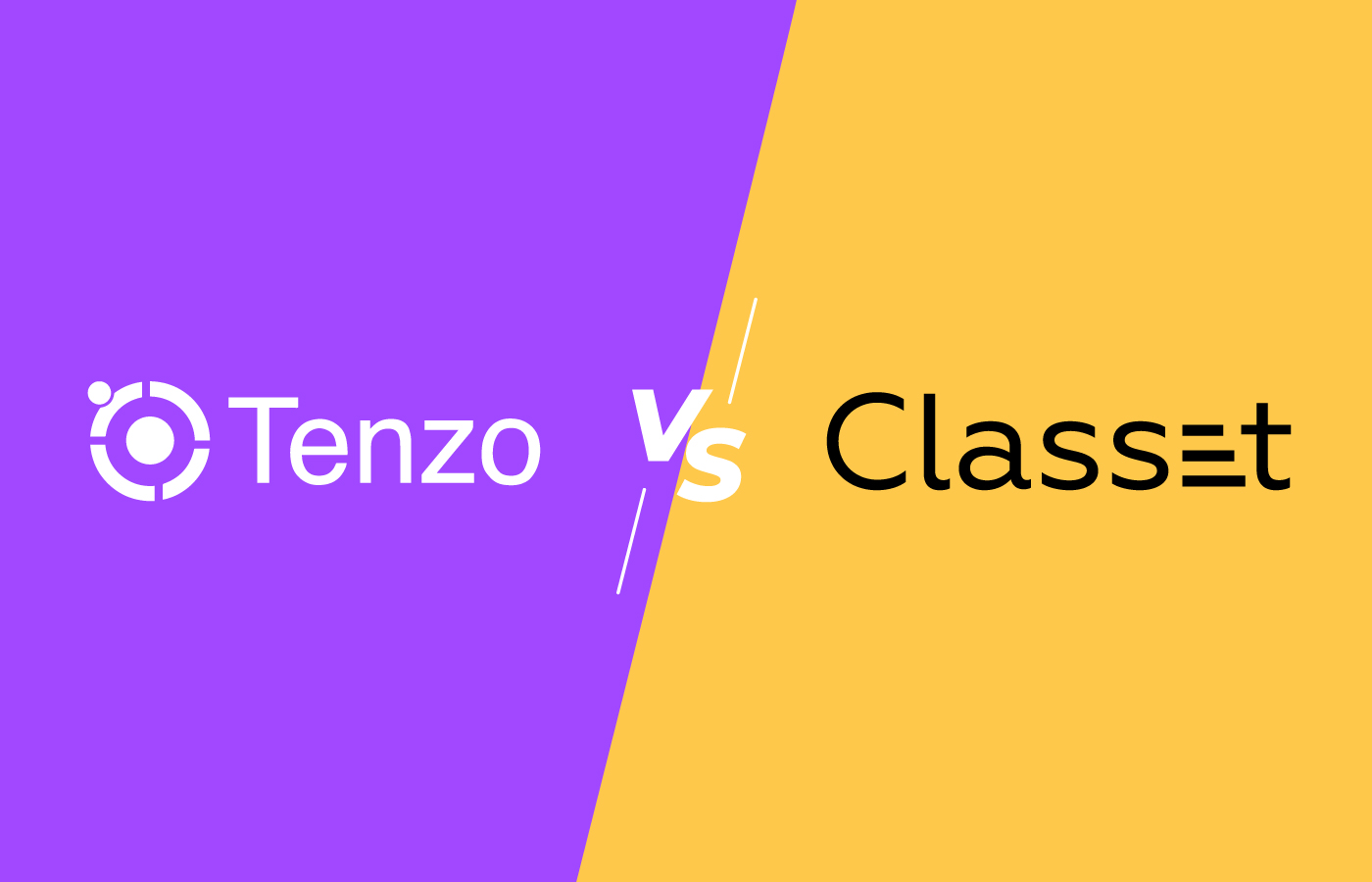
Beyond Trades, Beyond Basic
June 17, 2025
Hiring in the skilled trades presents unique challenges—urgency, scale, and a wide range of candidate experiences. Classet helps automate basic phone interviews for this segment, primarily screening for availability and interest. But when it comes to evaluating communication skills, tailoring interviews to specific roles, and automating the full funnel, Classet falls short.
Tenzo, by contrast, is built for flexibility, intelligence, and scale—supporting everything from resume-based questioning to multilingual voice and video screening, post-interview automation, and structured scoring.
Classet serves as a lightweight tool for high-volume trade hiring. Its strength lies in helping employers automate scripted phone interviews for roles where soft skills may be less critical. But its rigid format lacks adaptability—and more importantly, it does not support video interviews of any kind.
This omission is significant. In roles where presentation, professionalism, or interpersonal skills matter—like front-desk staff, administrative assistants, or customer-facing tradespeople—Classet offers no ability to assess visual communication cues.
Where Classet ends, Tenzo begins. Whether you’re hiring for trade, healthcare, customer service, or technical roles, Tenzo gives recruiters full control over the interview experience—with dynamic voice and optional video support.
Tenzo empowers you to:
Classet’s single-path, phone-only approach simply doesn’t scale with complexity.
In today’s hiring world, being able to see a candidate can be critical. Whether it’s evaluating professionalism, attentiveness, or how someone presents themselves—video provides signal that audio alone cannot.
Tenzo supports optional video interviews with the same structured question flow and scoring rubric, while Classet remains audio-only with no plans for video support. That’s a major limitation if your roles require face-to-face interaction or client communication.
Classet supports English-only interviews, which narrows your hiring pool. Tenzo supports live language switching mid-call and interviews in multiple languages, allowing you to recruit inclusively across diverse communities.
Classet ends when the phone screen ends. There’s no automation for follow-ups, scheduling, or system integrations.
Tenzo, on the other hand, continues working for you after the call:
Classet is a focused tool for high-volume trade hiring. But its lack of customization, automation, and video support makes it ill-suited for hiring where communication and flexibility matter.
Tenzo is the superior choice for teams that want to:
From trades to tech, Tenzo is the platform that helps recruiters do more, with less effort—while delivering a better experience to every candidate.
The latest news, interviews, and resources from industry leaders in AI.
Go to Blog














